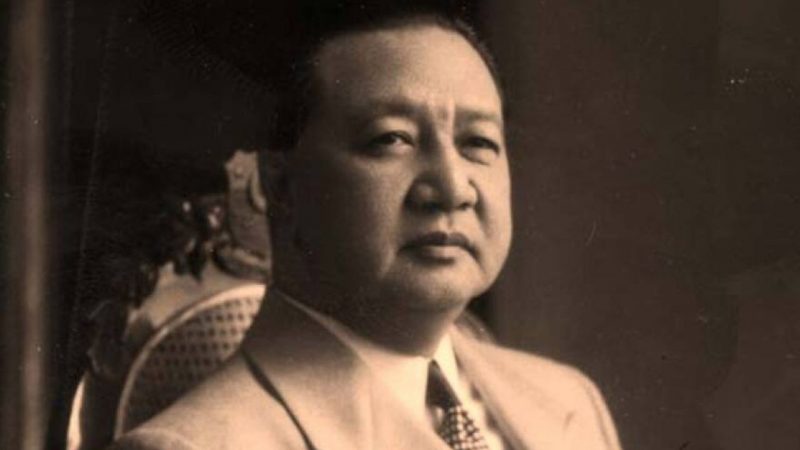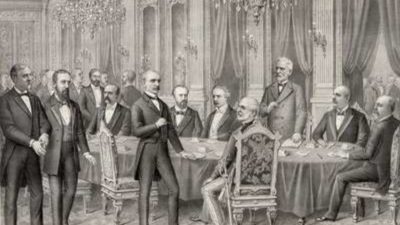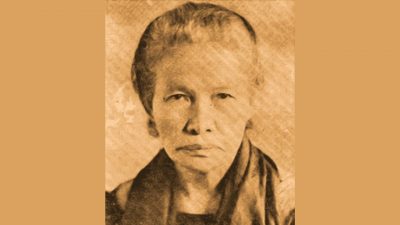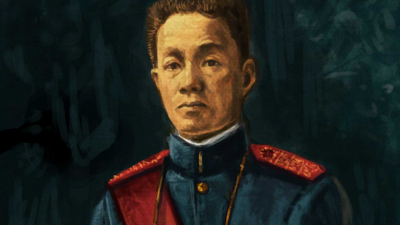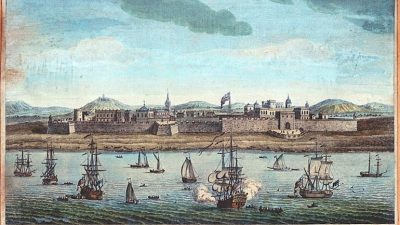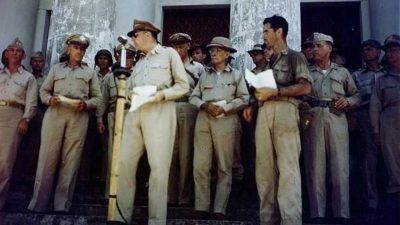On November 8, 1949, then sitting Chief Executive Elpidio Quirino was elected formally as the sixth president of the Philippines for a four-year term and assumed the presidency on April 17, 1948, following the death of President Manuel A. Roxas on April 15 of the same year.
Quirino’s six-year presidency was marked by notable post-war reconstruction, general economic gains, and increased economic aid from the United States.
It was in the realm of diplomacy where he excelled, impressing foreign heads of states and world statesmen from American, European and Asian countries.
He negotiated various treaties and agreements with other nations as well as discussed common problems of peace and security in the Asian region.
His administration’s major objectives included economic reconstruction — focusing on mitigating the sufferings of indigent families, helping the farmers market their crops and save them from loan sharks, and strengthening the rural banking system of the Philippines to facilitate credit utilities in rural areas.
It was during the Quirino administration when the country’s Central Bank was established.
Quirino, who also became congressman and senator prior to his presidency, was also a known member of the Philippine independence commission sent to Washington, D.C., which secured the passage of the Tydings-McDuffie Act by the American Congress. He was also a member of the convention that wrote the draft of the 1935 Constitution.
After being defeated by President Ramon Magsaysay in the November 1953 national elections, Quirino went back to private life at his then new home near the scenic La Mesa Dam in Novaliches, Quezon City.
Quirino died of heart attack on Feb. 29, 1956 at the age of 65.
Aquino repeals 4 PDs issued during Martial Law
Meanwhile, on November 8, 1986, President Corazon Aquino signed Executive Order No. 59, repealing four (4) Presidential Decrees issued by former President Ferdinand Marcos Sr. in connection with the martial law proclamation of September 21, 1972.
These Presidential Decrees were:
1. Presidential Decree (PD) No. 1404 , signed on June 9, 1978, entitled, “Further amending article 125 of the revised penal code”, empowered the Marcos Administration to authorize longer periods for the delivery of persons arrested for the crimes or offenses enumerated in the said decree.
2. PD No. 1836 , signed on June 16, 1981, entitled, “Defining the conditions under which the President may issue order of arrest or commitment orders during the Martial Law or when the Priviledge of te Writ of Habeas Corpus is suspended”, empowered the former President to issue arrest or commitment orders during a state of martial law or when the privilege of the writ of habeas corpus was suspended against persons whose arrest or detention was, in his judgment, required by public safety and as a means to quell invasion, insurrection or rebellion or imminent danger thereof.
3. PD No. 1877 , signed on July 21, 1983, entitled, “Providing for the issuance of a preventive detention action and for other purposes”, authorized the authorities to issue preventive detention actions against persons ascertained to be participants in the commission of the crimes enumerated therein.
4. PD No. 1877-A , signed on July 23, 1983, is an amendment to PD No. 1877.
Reference: Philippine News Agency
(JR AMIGO/AI/MNM)

